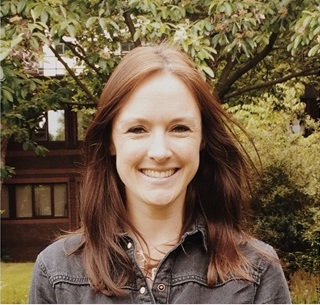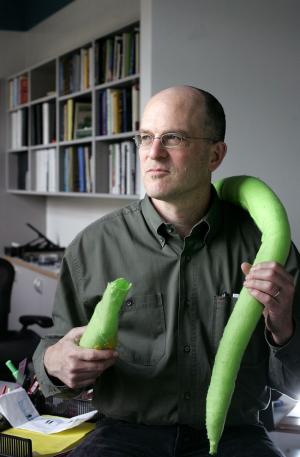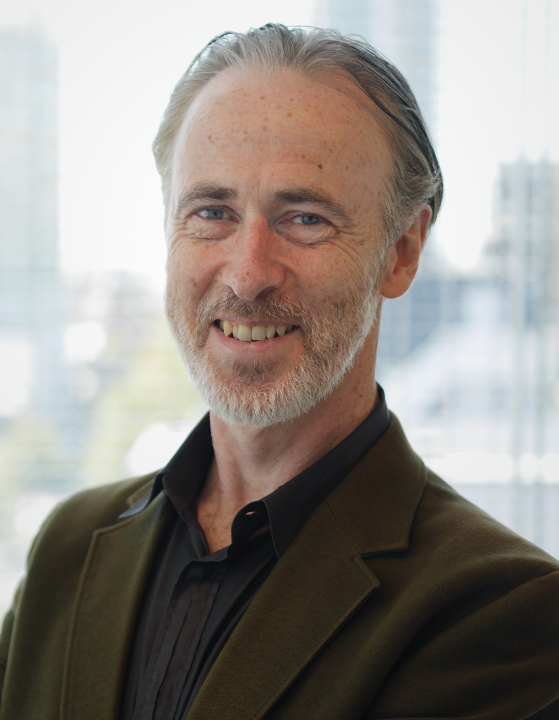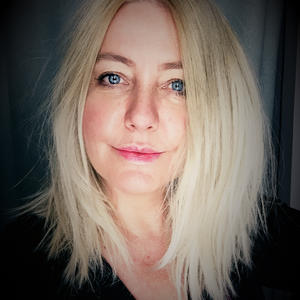We are delighted to confirm the keynote speakers at Biocuration 2019.

Dr Ellen McDonagh
Head of Curation, Genomics England
Ellen began her research career in the lab as a sandwich student with AstraZeneca as part of her undergraduate degree, before moving on to complete a PhD in Immunology research at Imperial College London. Ellen realised that she wanted to pursue opportunities outside the lab, and explored alternative career options in science. An opportunity came up for a role in curation at Stanford University, California, at PharmGKB, the Pharmacogenomics Knowledgebase, a publicly-accessible database located at Stanford University, which captures knowledge about the impact of genetic variation on drug response. This allowed Ellen to apply her science knowledge and transferable skills gained during her PhD in a desk-based role.
Now, Ellen is Head of Curation at Genomics England and has a team of curators working with her on the 100,000 Genomes Project. The project aims to create a new genomic medicine service for the NHS. The Curation Team at Genomics England are currently working with clinicians and researchers worldwide to curate evidence for gene panels to help diagnose rare diseases, using the publicly available crowdsourcing database PanelApp.
Biography adapted from The Royal Society.
 Paul Sternberg
Paul Sternberg
Director of the Center for Biological Circuit Design
Paul Sternberg graduated from Hampshire College in 1978 and joined the Biology Department at M.I.T. for his Ph.D., which he received in 1984. His graduate work on the Genetic Control of Nematode Development was under the supervision of H. Robert Horvitz. He then pursued postdoctoral research on yeast mating type with Ira Herskowitz at UCSF, and returned to C. elegans when he joined the Caltech Biology Division faculty in 1987, where he is now Bren Professor of Biology.
He was an Investigator with the Howard Hughes Medical Institute, from 1989 - 2017. He became lead-PI of WormBase in 1999 and started the Caltech branch of WormBase. He served on the board of directors of the Genetics Society of America from 2000-2003.
At Caltech, he led the Biology graduate program for several years, helped found the BioEngineering graduate option, and is now director of the Center for Biological Circuit Design, part of the new Information Science and Technology initiative.
 Seán O'Donoghue
Seán O'Donoghue
Laboratory Head at the Garvan Institute of Medical Research
Professor Sean O'Donoghue is a Laboratory Head at the Garvan Institute of Medical Research in Sydney, and also a Chief Research Scientist in Australia's Commonwealth Scientific and Industrial Research Organisation (CSIRO), and conjoint Professor in the University of New South Wales. He has created numerous award-winning bioinformatics resources such as Reflect, Minardo, and Aquaria. He chairs VIZBI, an international conference series on data visualisation methods in the life sciences. These resources are accessed by tens of thousands of scientists worldwide each year.
Professor O’Donoghue’s contributions have been recognised with a C.J. Martin Fellowship from the NHMRC, an Achievement Award from Lion Bioscience AG, and by election as a Fellow of the Royal Society of Chemistry. He received his B.Sc. and PhD in biophysics from the University of Sydney. Much of his career was spent in Germany at the European Molecular Biology Laboratory (EMBL) and at Lion Bioscience AG.
 Susanna-Assunta Sansone
Susanna-Assunta Sansone
Associate Director, FAIR Data Science, Oxford e-Research Centre
Susanna is an Associate Director, and Principal Investigator at the Oxford e-Research Centre, and an Associate Professor at the Department of Engineering Science of the University of Oxford. She is also the founding Honorary Academic Editor of the Springer Nature Scientific Data open access journal.
She holds a PhD in Molecular Biology from Imperial College, London, UK; after a few years working on vaccine genetics in an Imperial's spinnoff she moved to the European Bioinformatics Institute where she worked for nine years as a Project and Team Coordinator and Principal Investigator, before moving to the University of Oxford in 2010.
She is interested in data reproducibility and the evolution of scholarly publishing, which drive science and discoveries. With her team of data engineers (research software and knowledge engineers/curators) she runs research and development activities in the areas of knowledge and information management, and interoperability of applications. More specifically, they investigate and implement new ways to make digital research objects (including data, software, model and workflows) Findable, Accessible, Interoperable and Reusable, in one other word: FAIR.
